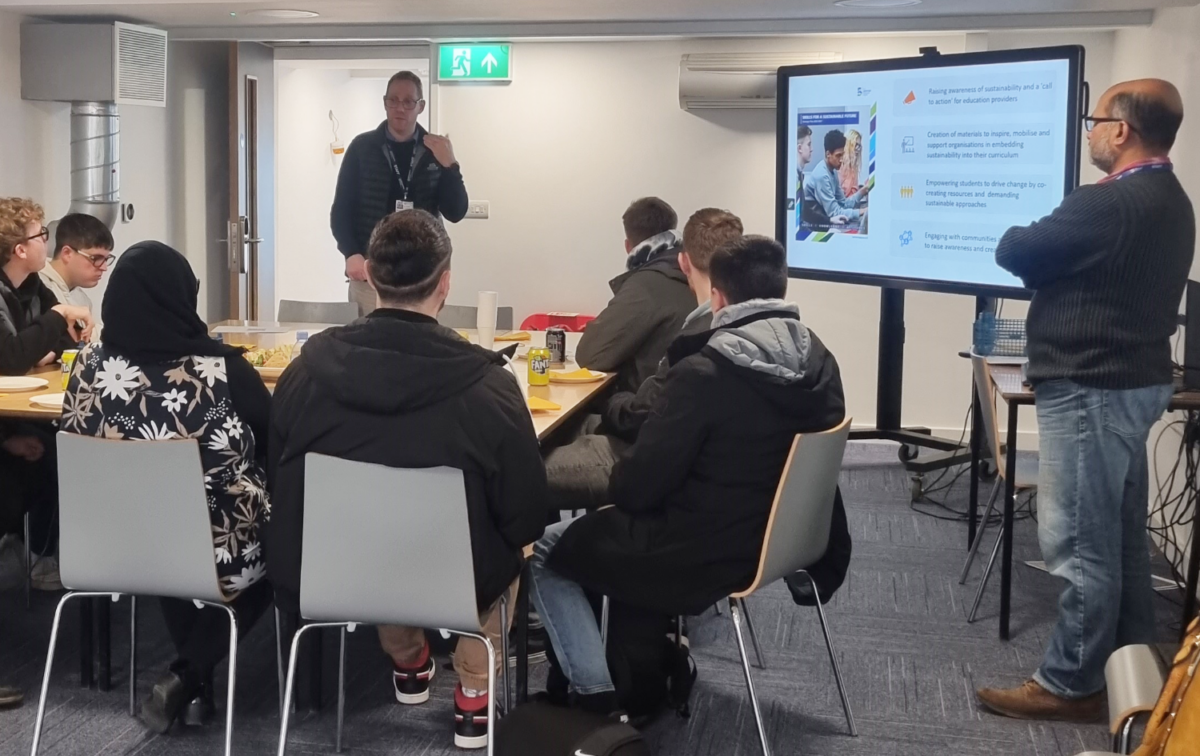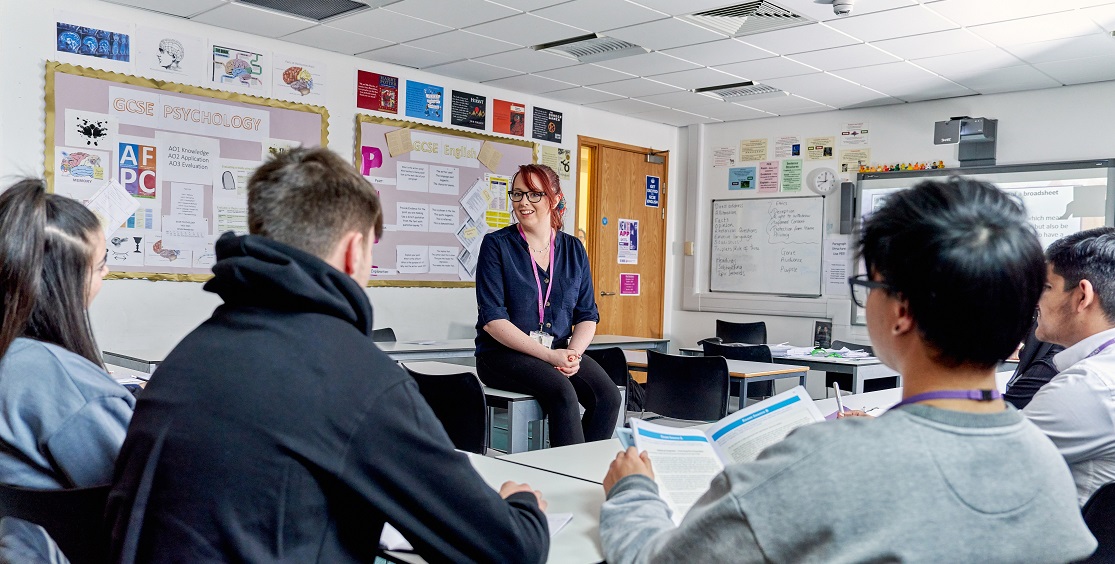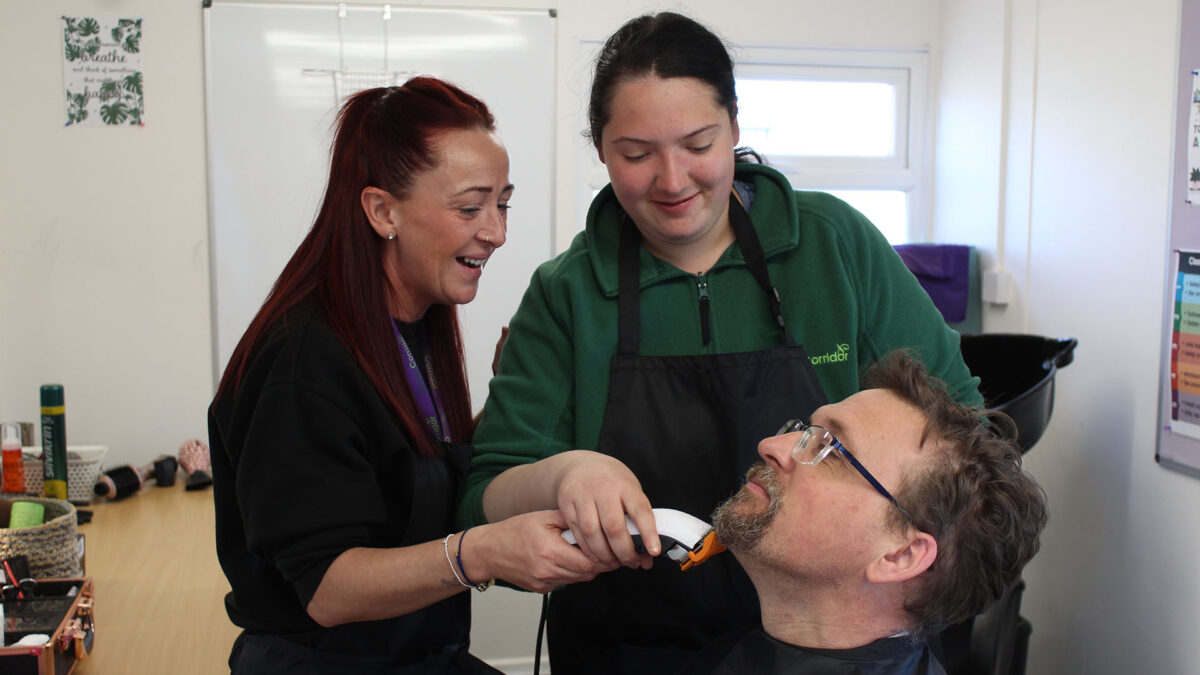Low levels of disclosure may be masking the extent of mental health inequalities in higher education

Students already facing inequalities in higher education (HE) are likely being further disadvantaged due to mental health issues exacerbated by the COVID pandemic, a new report has revealed.
The report has been launched today as part of Mental Health Awareness Week, by TASO (the Centre for Transforming Access and Student Outcomes) alongside The Centre for Education and Youth (CfEY). It reveals evidence that mental health issues may both cause and worsen inequalities in higher education. The findings also suggest that the impact of COVID has increased levels of anxiety, stress and loneliness, risking further marginalising of students from underrepresented backgrounds. What’s more, the evidence suggests that students from these backgrounds are less likely to disclose their experience of poor mental health or to seek support, raising concerns that the extent of the problem could be staying largely hidden.
Prevalence rates indicate that students from low income backgrounds, from Black, Asian and Minority Ethnic (BAME) backgrounds, mature students, LGBTQ+ students and care-experienced students are all at greater risk of suffering from poor mental health, and are also among the groups most likely to experience poorer outcomes throughout their HE journey.
Since 2010, there has been a huge rise in the number of students disclosing a mental health issue to their institution, but the report, which consists of a large-scale evidence review and a mixed-methods sector consultation, discussing themes related to disclosure, targeted support and evaluation, points to research suggesting that mental health concerns remain underreported, particularly among the most at-risk groups. Evidence suggests that BAME students, males, mature students, refugees and asylum seekers were among the least likely groups to report a mental health condition. Practitioners involved in the research suggested that stigma, cultural barriers and fear of losing opportunities makes these groups less likely to disclose any mental health issues
“The evidence suggests that the growth in student mental health issues could be much worse than we thought, and that these issues are potentially widening the gap between advantaged and disadvantaged students,” commented Sarah Chappell, research lead on the project at TASO. “Not only does mental health in itself create a barrier to success in HE, when it intersects with other inequalities such as race, gender and sexuality, the negative impact is even more pronounced. What’s more, with many students from disadvantaged and underrepresented backgrounds not reporting their difficulties or seeking support, we’re potentially seeing a situation where those who need the most help are the least likely to access it.”
As part of TASO’s remit to look at what works to tackle such inequalities, the report corroborates previous evidence demonstrating that psychological and mindfulness-based interventions are successful in tackling mental health inequalities within HE settings. These initiatives are easier to evaluate on a larger scale, providing an explanation as to why the evidence base here is stronger than for a lot of other mental health interventions. They can, however, be more difficult to implement within providers, particularly in small and specialist institutions and FE colleges.
There is also evidence to suggest, both in the literature and through the consultation with sector stakeholders, that more tailored support for specific groups and individuals is taking place, with peer-led interventions appearing to be more effective than more generic programmes of support. However, consultation participants also acknowledged funding and resource concerns which limit the complexity and scope of the support they can offer.
Alix Robertson, Senior Associate at The Centre for Education and Youth said:
“Students today face a range of competing pressures that can take their toll on mental health. The pandemic has created new challenges for everyone, but for young people in certain demographic groups the negative impact on well-being has been especially severe.
“While practitioners across FE and HE are working hard to support their students, this report highlights that more needs to be done to tackle stigma around mental health issues, ensure young people receive the support that is right for them, and embed joined up working across departments and services.
“The evidence and recommendations in this report are a stepping stone towards supporting the FE and HE sectors to identify challenges early and provide support to all students, including the most vulnerable and those least likely to ask for help.”
Sarah Chappell added: “At TASO, we recognise there are still gaps in the evidence base for what works to tackle mental health inequalities in the sector. More effective evaluation is needed and a more evidence-based approach to planning interventions. We are lacking in evidence that demonstrates the long-term impact of student mental health support, particularly on HE-related outcomes, and want to support the sector in the evaluation of initiatives. What is clear though, is that mental health poses a big challenge for everyone who cares about equality within higher education, and the scale of this challenge may be larger than we had predicted.”
As part of its research theme on mental health, TASO will be conducting further research into these issues, with a view to helping to inform policy and practice with a solid evidence base.
Read the summary report here.
Read the full report here.











Responses